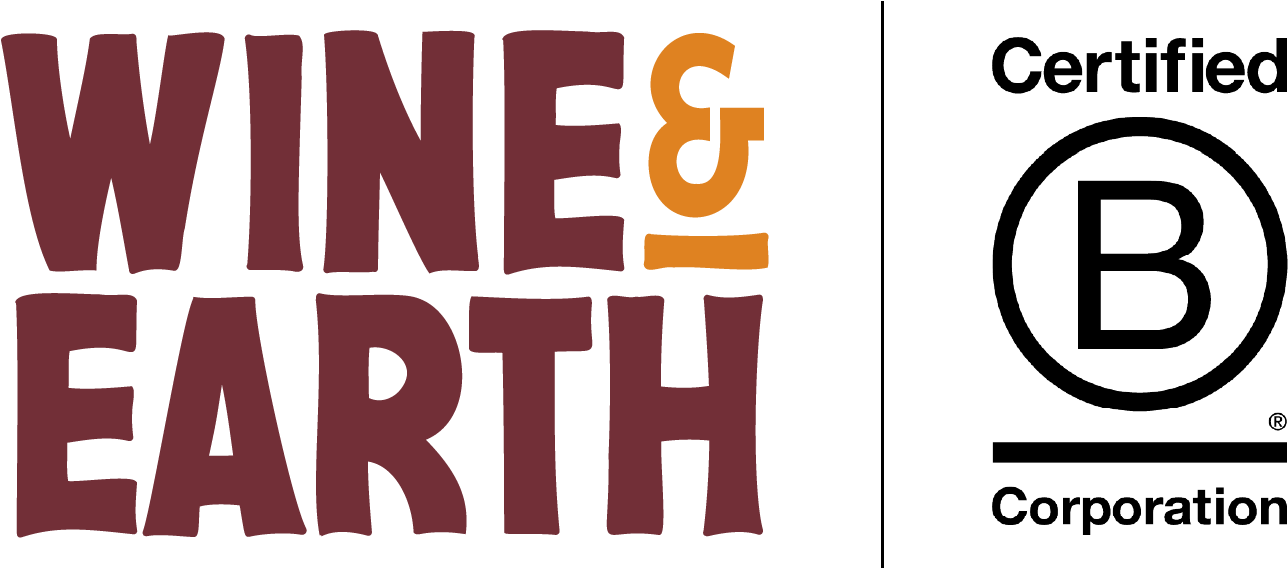Organic wine production has gained popularity in recent years due to its sustainable and environmentally-friendly practices. The process of producing organic wine involves a combination of traditional winemaking techniques and modern sustainable agriculture practices. In this blog post, we'll explore the process behind organic wine production and the benefits of this approach.
The basics of organic wine production
Organic wine production begins with organic farming practices. Organic grapes are grown without the use of synthetic fertilisers, pesticides, or herbicides. Instead, organic winemakers rely on natural methods to promote soil health and control pests. This includes using compost and cover crops to enrich the soil and attract beneficial insects, birds, and other wildlife.
Organic winemakers also avoid using genetically modified organisms (GMOs) and use only natural yeasts for fermentation. This preserves the natural flavours and aromas of the grapes and creates a unique and authentic wine.

The organic certification process
To become certified as an organic winery, producers must follow strict guidelines and undergo a certification process. For example, in France the Ministry of Agriculture, Food, Fisheries and Rural Development accredits organic farmers with the the AB (Agriculture Biologique) mark and in the United States, the USDA regulates organic wine production and certifies wineries that meet its standards. These certification processes, while having their differences (sadly there is no global standard as yet) involve a rigorous review of the winery's practices and requires periodic inspections to ensure compliance.
Organic wine production has strict labelling requirements. Organic wines must display a certification seal on their labels to indicate that they meet organic standards. This label provides transparency for consumers who are looking for organic products. However, not carrying a label doesn't necessarily mean that a vineyard is not using organic farming practices. It simply means they haven't sought accreditation, and thus cannot market themselves as certified organic.
Benefits of organic wine production
There are many benefits to producing organic wine. Organic farming practices promote biodiversity and contribute to the long-term health of the soil. This creates a healthy ecosystem that supports the growth of healthy grapes and produces high-quality wine. Additionally, organic wine production helps to reduce the use of harmful chemicals and promotes sustainable agriculture practices.
Organic wines are also known for their unique flavours and aromas. Because organic winemakers use natural yeasts for fermentation, the wine has a more complex and authentic taste. This creates a unique product that appeals to wine enthusiasts who are looking for a more natural and authentic product.
Another benefit of organic wine production is the marketing potential. Wine drinkers are increasingly concerned about the environmental impact of their purchasing decisions. By producing organic wine, wineries can tap into this growing market and attract customers who are looking for sustainable and eco-friendly products.
Conclusion
Organic wine production is considered to be a much more sustainable and environmentally-friendly approach to winemaking. It involves organic farming practices and a rigorous certification process. By producing organic wine, wineries can tap into a growing market of consumers who are looking for sustainable and eco-friendly products. Additionally, organic wine production creates a unique and authentic product that appeals to wine enthusiasts who are looking for a quality wine produced with respect for the land on which it is grown.





Comments (0)
There are no comments for this article. Be the first one to leave a message!